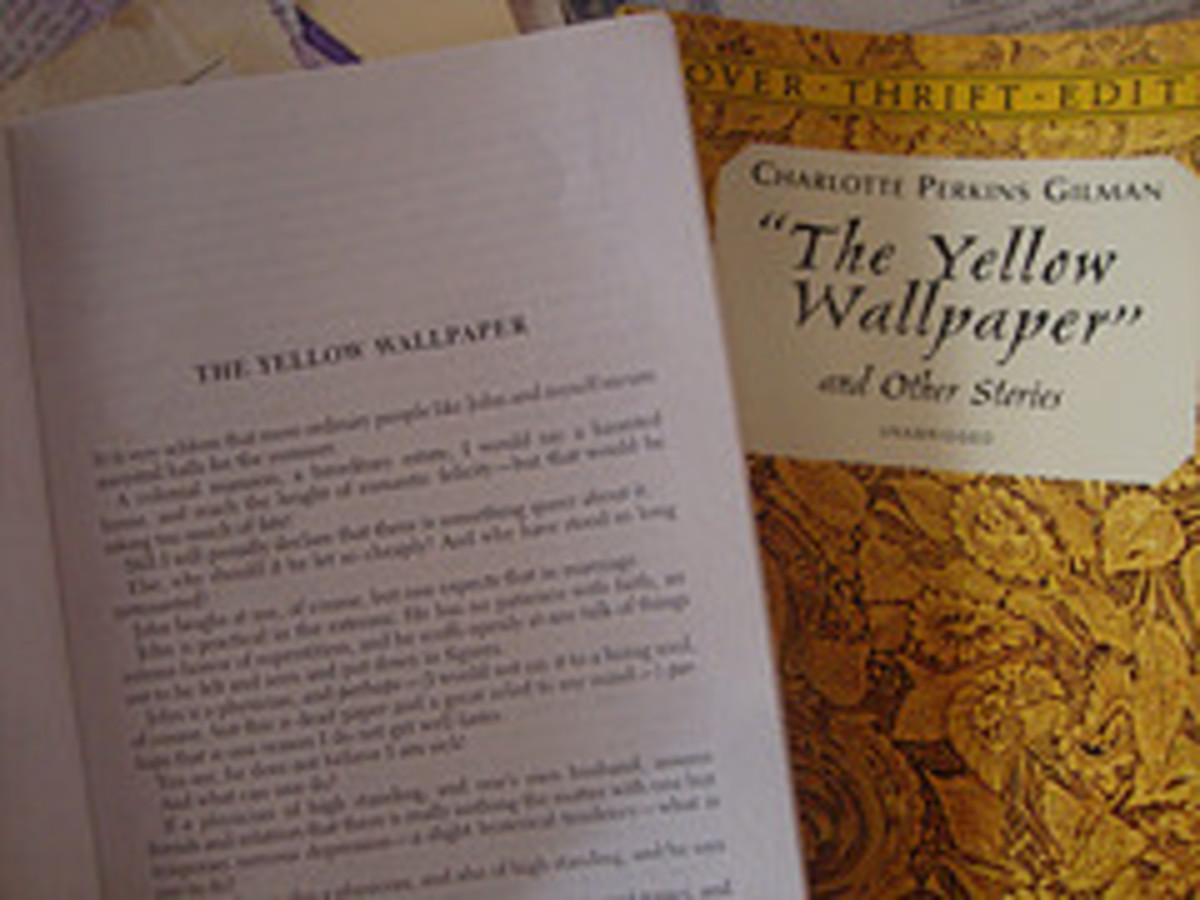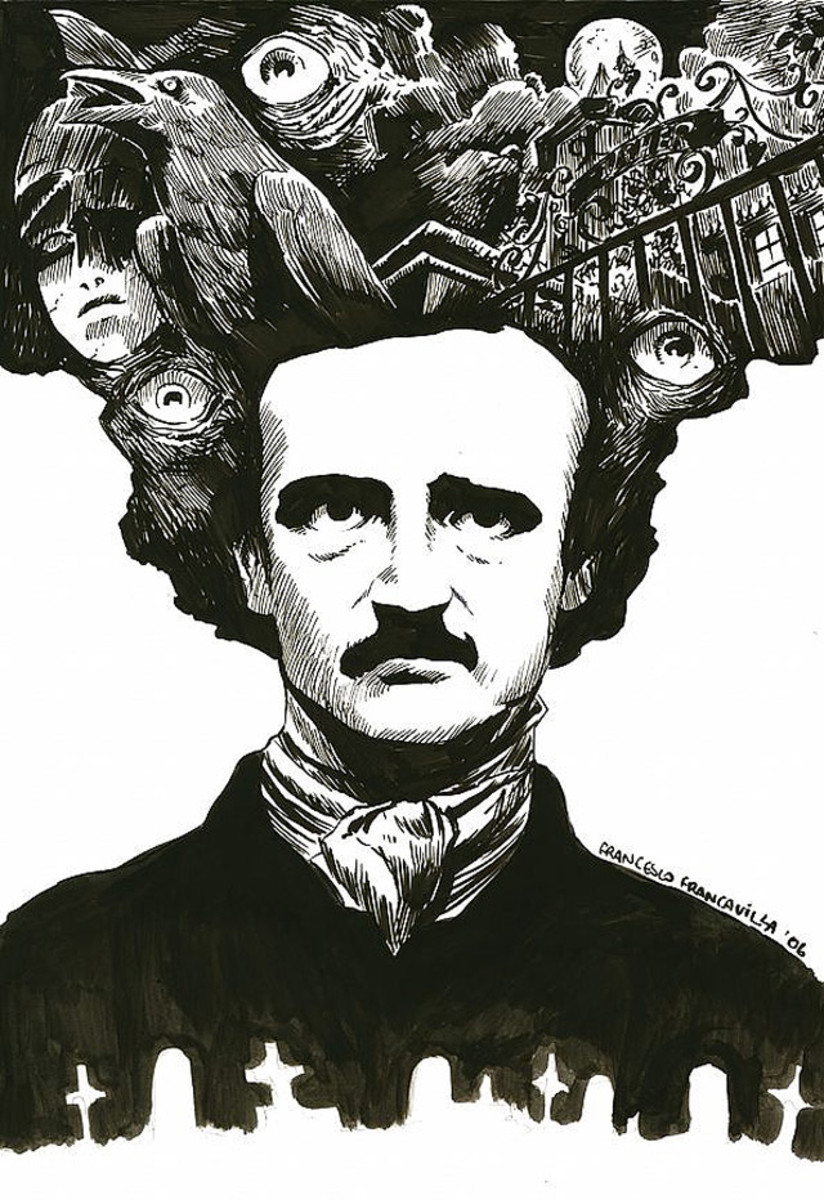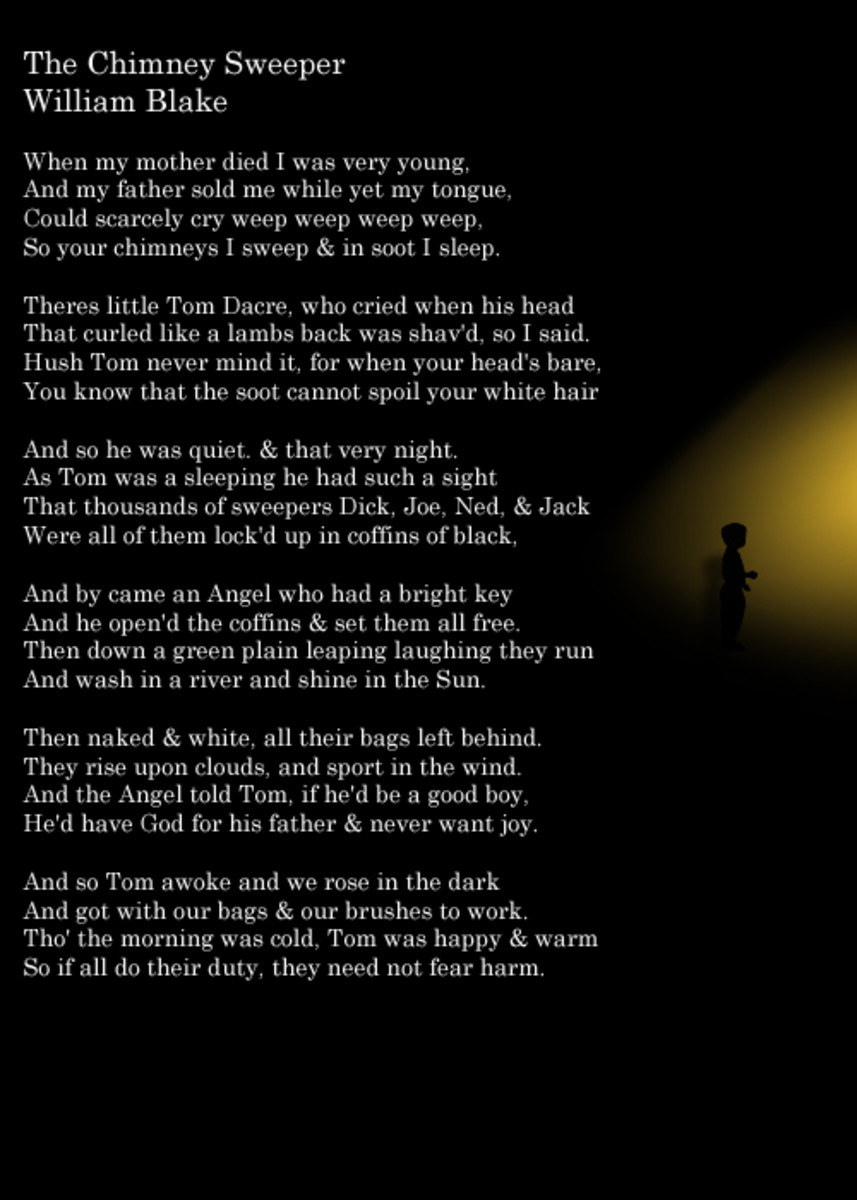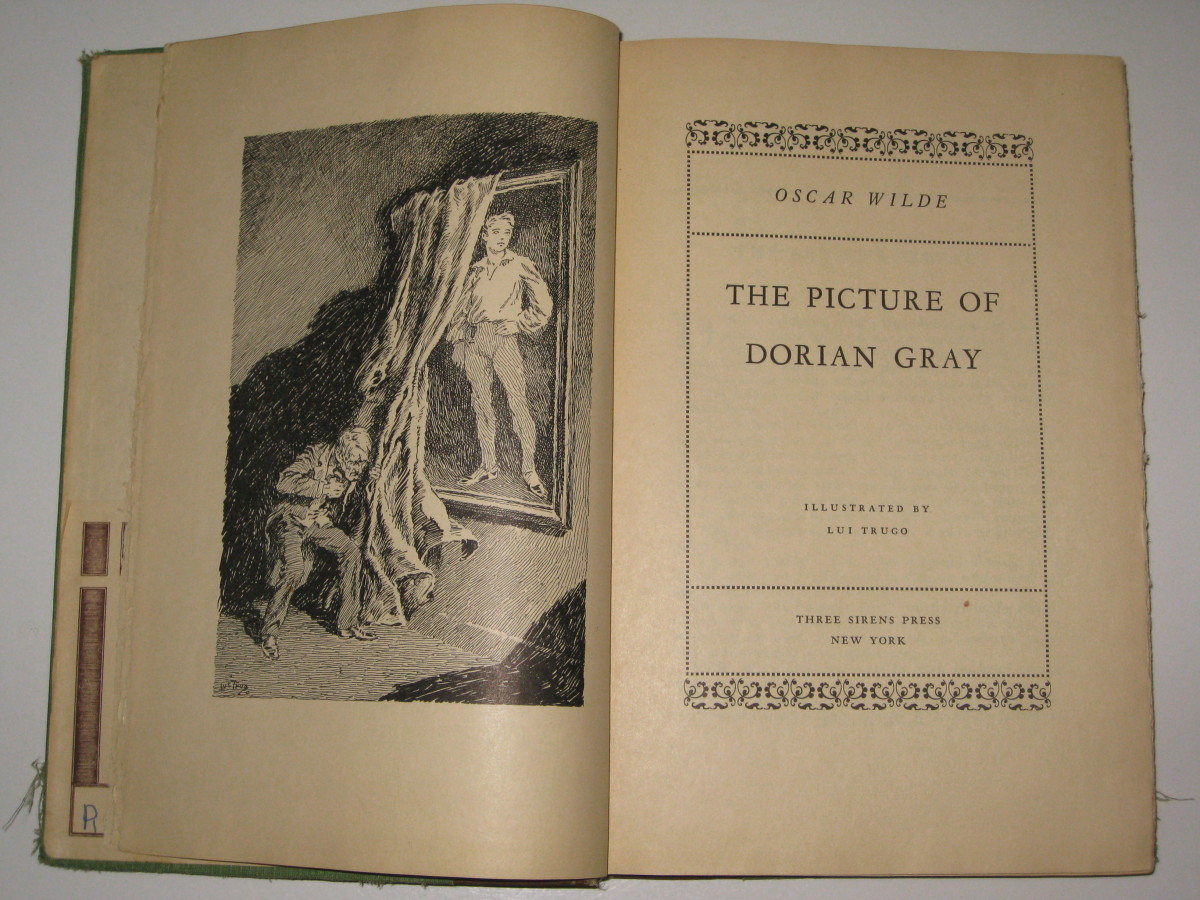The Descent into Madness of the Unreliable Narrator in Charlotte Perkins Gilman's The Yellow Wallpaper

Charlotte Perkins Gilman’s ‘The Yellow Wallpaper’ functions as a satirical vantage into the declining mental health of the primary, unreliable narrator. This unreliable narrator, Jane*, is almost completely insane by the time she begins to follow the distracting pattern of the eccentric yellow wallpaper that confines her existence. Her descent into delirium is a haunting read as her mental state transforms from slightly off, to utterly paranoid, to finally something akin to absolute madness.
'The Yellow Wallpaper' is disturbing because the reader gets a clear sense of the narrator's madness from her first-person journal excerpts. At times, a reader might find her irrationality amusing as she jumps between stages of altered paranoia as she struggles to decipher the absurd yellow pattern. She is irrational and believes that her husband and sister-in-law want her delicious little secret. The conspiracy grows until she loses her mind and truly believes the pattern is a prison for a woman; so she struggles to destroy the bonds that bind and sets about obliterating the wallpaper.
In Jane’s world, she is the woman trapped within the wallpaper. The world in which she lives was a prison, and her only way out was to embrace the madness within and remove herself from the prison in the only manner she could achieve. Her final descent into dementia is well displayed when she documents, “I wonder if [all the creeping women] come out of the wallpaper as I did…it is so pleasant to be out in this great room and creep around as I please” (Gilman, p. 538).
Gilman does well to discuss a transformative moment for a woman with dementia. In her desperation to escape the prison set by her family, Jane chooses madness over reality. She lived in a prison created by an over-bearing husband and fought to get release by removing herself from her reality and the ‘self’ of Jane.
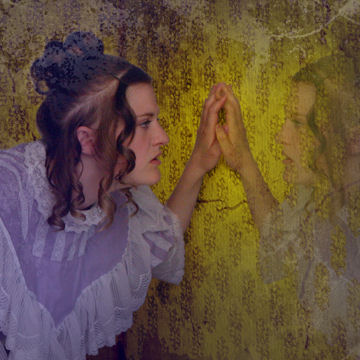
* Footnote - Who is Jane?
The narrator of 'The Yellow Wallpaper' is never explicitly named; however, as she descends into her madness-induced delirium, she refers to "getting out in spite of Jane." Critics, and my former English teacher, believe this to be a reference to the narrator's sister-in-law. Personally, I believe that she has referenced herself, being that she is an unreliable narrator anyway, and that statement was a removal of her 'self' from her old, trapped persona.

